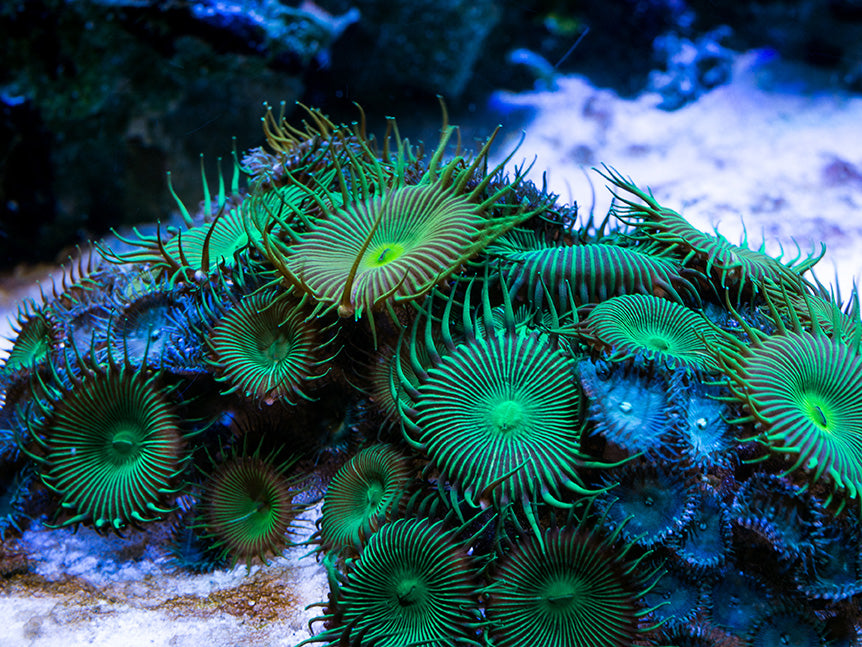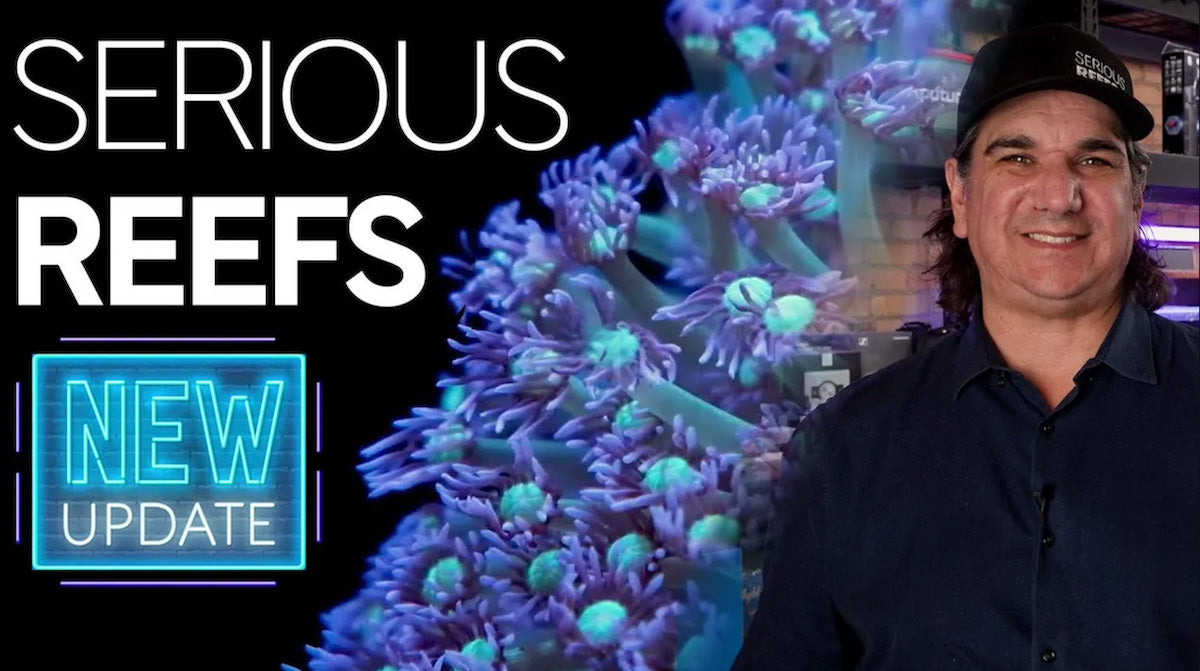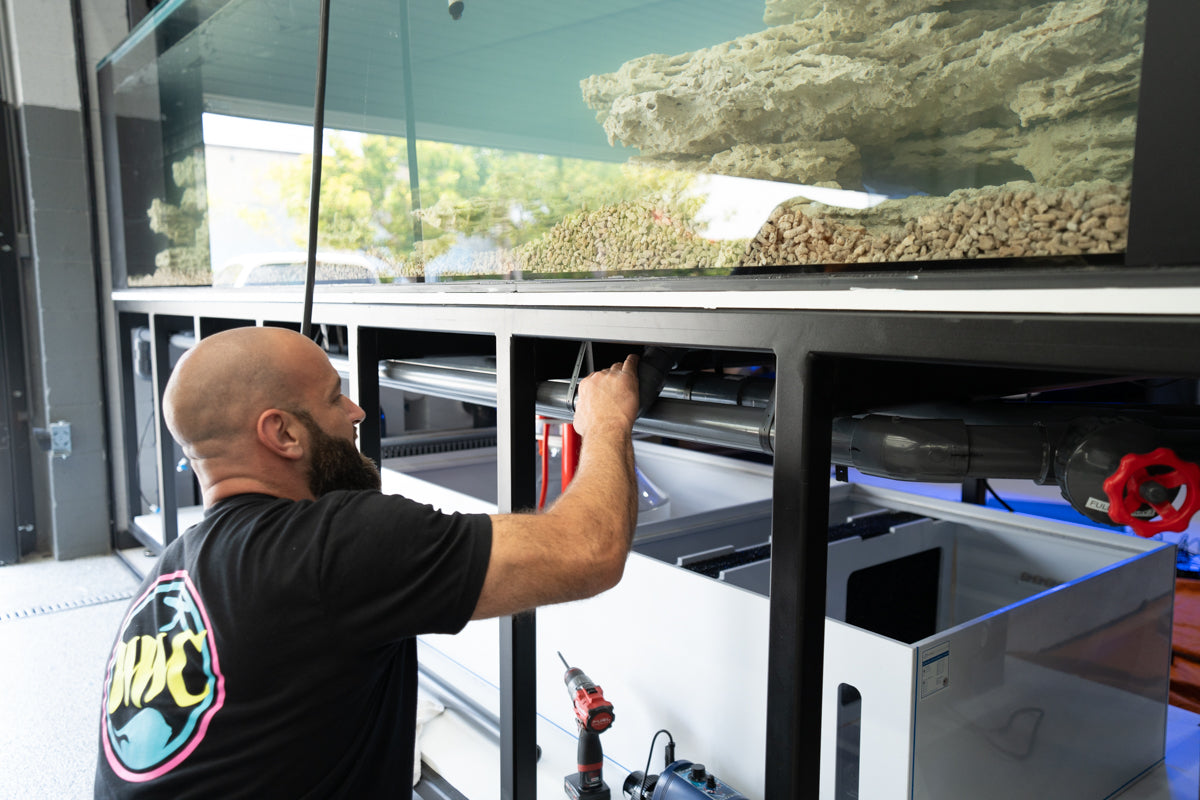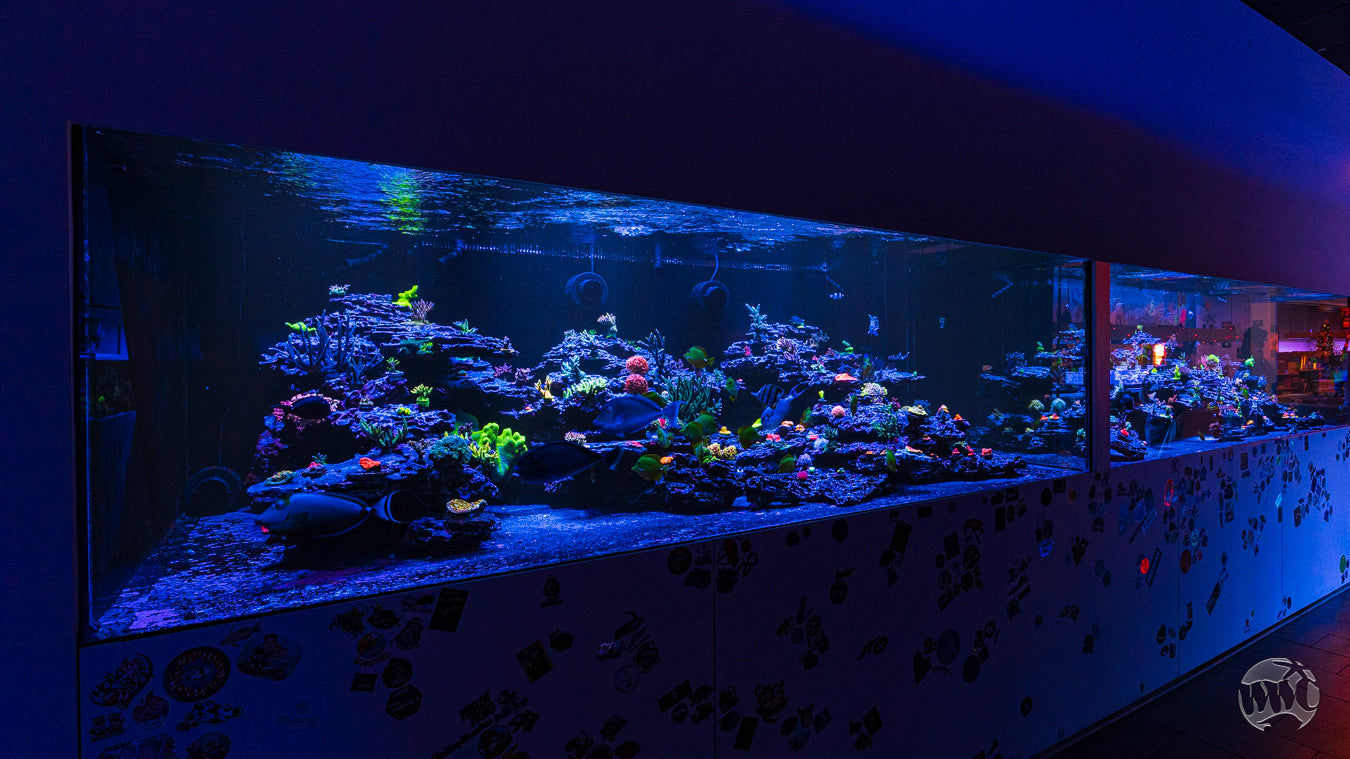When we’re introducing new corals into our saltwater aquariums, one of our primary concerns is usually how well they’ll interact with the environment. However, when it comes to handling those of the Palythoa or Zoanthus species, it’s important to also be aware of how they affect us. Palytoxin poisoning can be incredibly dangerous and easy to catch if you’re handling these corals unprotected. So, take a minute to learn what palytoxin poisoning is and how to avoid it when you’re working on your tank.
Explaining Palytoxin Poisoning
Palytoxin is a substance produced naturally by Palythoa and Zoanthus corals. While this material poses no threat to other animal life around it, it can penetrate unprotected skin, leading to acute palytoxin poisoning. Once ingested, palytoxin has a series of harmful effects on the body such as the development of a fever, hives on the skin, and shortness of breath. In severe cases, palytoxin has even been known to result in hospitalization. Fortunately, there’s little to worry about should you know how to properly handle these specific types of coral.
Advice for Preventing Palytoxin Poisoning
Now that you have an understanding of what palytoxin poisoning is, it’s time to get into the logistics of how to avoid it. Firstly, you want to make sure you’re only handling Palythoas and Zoas with covered hands and that you aren’t removing them from the water. This can greatly reduce the spread of the toxin through your hands and keep you from breathing it in as well. It also helps to keep the general manipulating of your corals to a bare minimum.
Some additional tips for avoiding palytoxin poisoning include:
- Washing off any potentially contaminated surfaces after maintenance.
- Taking care to keep from splashing tank water on yourself.
- Positioning your poisonous corals away from excessive light or heat, as this triggers an increased palytoxin production.
At World Wide Corals, we want to ensure that building your own saltwater aquarium is a positive experience. This is why, in addition to offering quality Zoas for sale, we also want to take the time to educate you on how to safely handle them. Doing so ensures that you’re always aware of the risks involved with owning these particular corals and that you’re in the best position to protect yourself. For more information about this matter, give us a call or visit our website.




